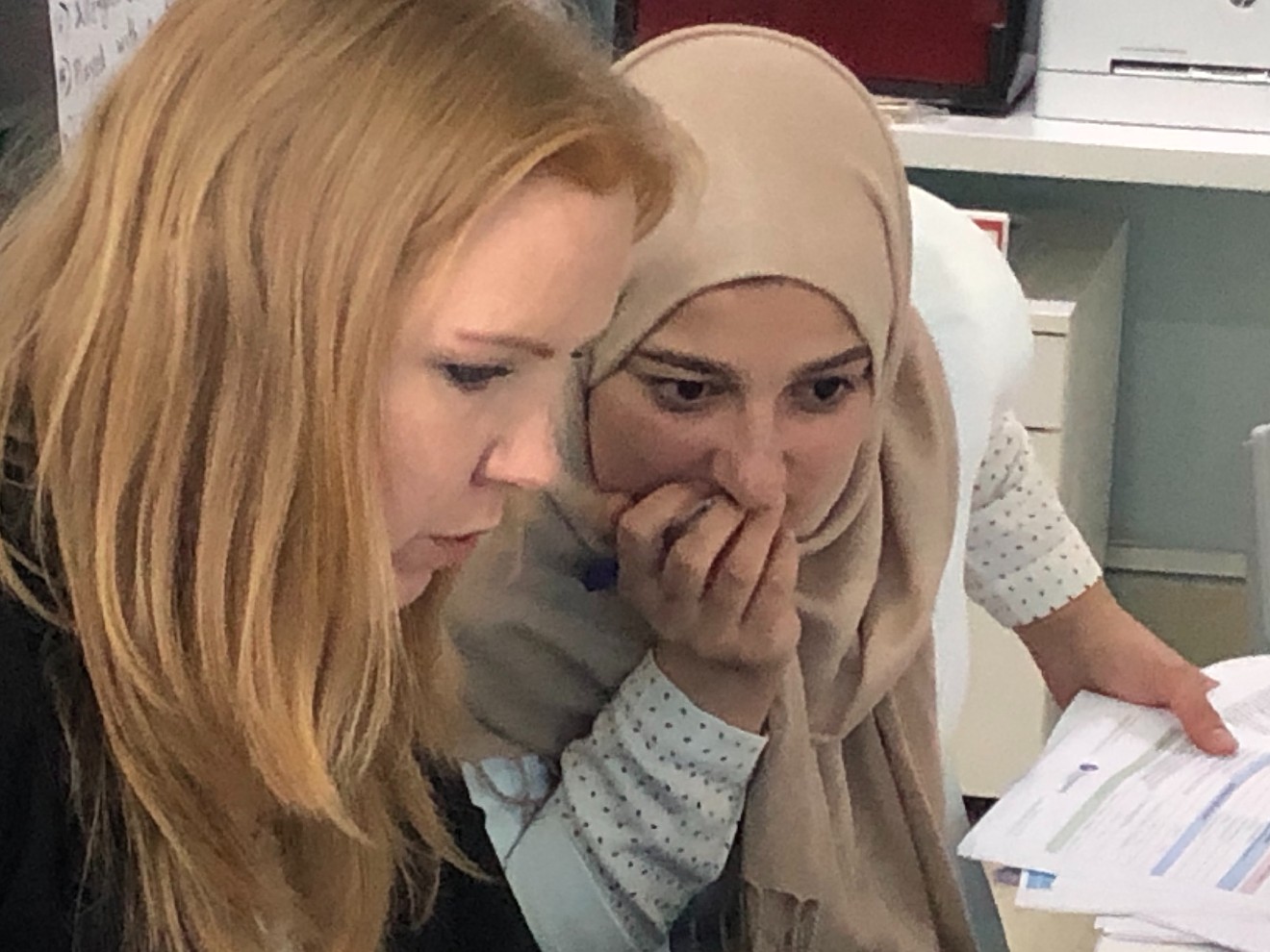The Importance of Pre- and Post-course briefings and how to undertake them

Measuring the value of training has never been more important than now. Money is tight for everyone in business today, so making sure that learning is applied takes on greater significance. Pre- and post-course meetings play a key part in the process.
This is all about training evaluation. Here is some explanation of the terminology used by most learning and development and HR professionals:
Training validation
This is when learning is confirmed during the training course itself. For example, a trainer will be able to confirm a skill or a level of knowledge through observation or testing.
Training evaluation
This is when learning is confirmed after the training course i.e. how well (or otherwise) the learning has been applied. Again, this can be demonstrated through behavioural change (e.g. skill) or applying knowledge. However, because this is after the course the application of learning needs to be measured by the manager of the person who attended the course.
Course aims
These are normally broad statements that define what the course is looking to achieve. For example, ‘This course will enable participants to undertake a performance review meeting’.
Course objectives
These are more defined than course aims. Course objectives (sometimes referred to as learning objectives) state what the participant will be able to do differently as a result of the course. For example, ‘By the end of the course participants will be able to undertake a performance review meeting’.
Good learning objectives drill down further into more detail. For example, ‘By the end of the course participants will be able to complete the performance review documentation accurately’ and ‘By the end of the course participants will be able to coach team members to improve their performance’.
So when and where do pre-course and post-course meetings fit in?
Both are important. Let’s take these in turn.
Pre-course meetings
Ideally these should take place well ahead of the training course. They should be arranged as soon as the course has been approved. A pre-course meeting should be no surprise given that the manager will have sanctioned the course to meet a particular learning objective(s).
The meeting should take place in private and away from any physical distractions. Mental distractions (such as what’s happening later) need to be managed on both sides too.
Led by the manager, the conversation needs to focus on what the course is to cover. Although the participant may have their own ideas of what they need to focus on it’s important that the manager gives his or her view too. Referring to the pre-course materials will help.
Remember not to overlook the domestic aspects of the course e.g. travel arrangements etc. These can often get in the way of someone looking forward to a course. Show empathy as some may not be as confident as yourself when travelling and/or joining new groups.
Time away from the participants' normal work needs to be managed too. Make sure participants know how their work will be covered whilst they are away. Any unnecessary worries will detract from the overall learning experience.
Post-course meetings
These meetings need to take place within a few days of the participant completing the course. Again, they need to be led by the manager, welcoming the participant back.
This meeting should also be held in private away from any physical and mental distractions. Adequate time needs to be allocated so discussions are not rushed.
The purpose of this meeting is to discover how the participant found the course. The manager needs to be curious about how the learning objectives were met. This needs to be conversational in style rather than an interview.
Once it has been agreed whether or not the course (or learning) objectives have been met, the discussion then needs to focus on how the learning is to be applied. This will require the manager to agree (and even create) opportunities for the course participant to apply their learning. This is very important as this will enable the participant to demonstrate their learning and the manager to properly evaluate the training to assess the return on investment (ROI) or return on expectation.
A post-course meeting needs to be an engaging experience, encouraging the participant to use their learning. A follow up meeting needs to then be arranged to enable progress to be reviewed. These can be combined with the normal 1:1 meetings, with the purpose of monitoring progress on applying the learning and measuring the success.
Summary
It is recognised that the greater the involvement from the manager in the training process the higher the application of learning. Pre- and post-course meetings are a key part of any training evaluation strategy. They will help your organisation gain the most from your training investment.
For more information
At Beyond Theory we take training evaluation very seriously. We offer advice and consultancy on training evaluation methods. Our unique learning portal enables us to measure the overall effectiveness of our training. Contact us for more details.
Paul Beesley
Director and senior consultant
Beyond Theory

